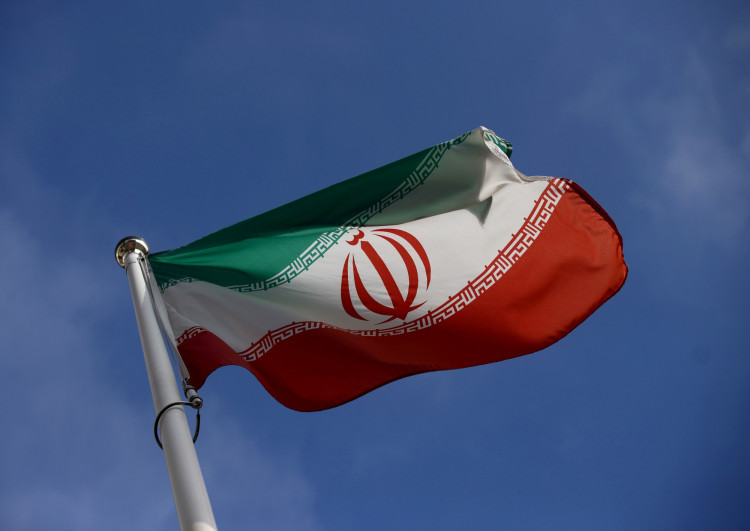The strategic and volatile waters of the Red Sea have become the focal point of escalating tensions, signaling a potential shift in regional dynamics and influencing global oil markets. On January 1, Iran's warship "Alborz" maneuvered through the Bab-el-Mandeb Strait into the Red Sea, a move reported by Iran's Tasnim News Agency as part of its routine operations since 2009 to ensure the safety of shipping lanes and combat piracy. However, this deployment comes at a time of heightened military activity and threats in the region, casting a long shadow over peace and security in the strategic maritime corridor.
Simultaneously, reports indicate that the U.S. military is preparing for possible airstrikes against Yemen's Houthi rebels, a group backed by Iran and known for their increasing aggressiveness in the region. This potential escalation follows a distressing incident where a Maersk container ship was hit by a missile attack from the Houthi rebels while transiting through the Red Sea. The U.S. military's swift response, which resulted in the sinking of three Houthi boats and several casualties, underscores the seriousness of the situation and the readiness of Western powers to intervene.
Further compounding the tension, the UK and U.S. have reportedly issued a "final ultimatum" to the Houthi rebels. The Times suggests that London and Washington are formulating plans for a potential military strike against the insurgents. This strong stance is echoed by British Defense Secretary Grant Shapps, who stated that the UK is "prepared to take direct action against the Iranian-backed Houthi insurgents in Yemen." The strategic discussions and potential military responses from Western powers reflect a growing impatience with the continued aggression in the Red Sea, a critical route for global commerce and energy supplies.
The implications of these developments extend beyond regional security. WTI crude oil witnessed a slight rebound, closing at $71.9 per barrel, amidst the uncertainty and potential for conflict in the area. Analyst Jiang Shuopeng from Dadi Futures notes that while the direct impact on oil tankers in the Red Sea might be limited, the increase in friction and the need for rerouting due to security concerns are driving the recent uptick in crude oil prices.
As the situation in the Red Sea continues to evolve, the international community watches with bated breath. The delicate balance of power, the potential for military conflict, and the crucial nature of the Red Sea as a global trade route make it a hotbed for geopolitical maneuvering. The decisions and actions taken in the coming days will not only shape the future of the region but also have far-reaching consequences for international security and the global economy.




